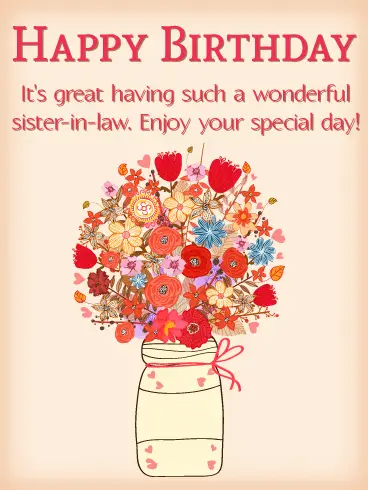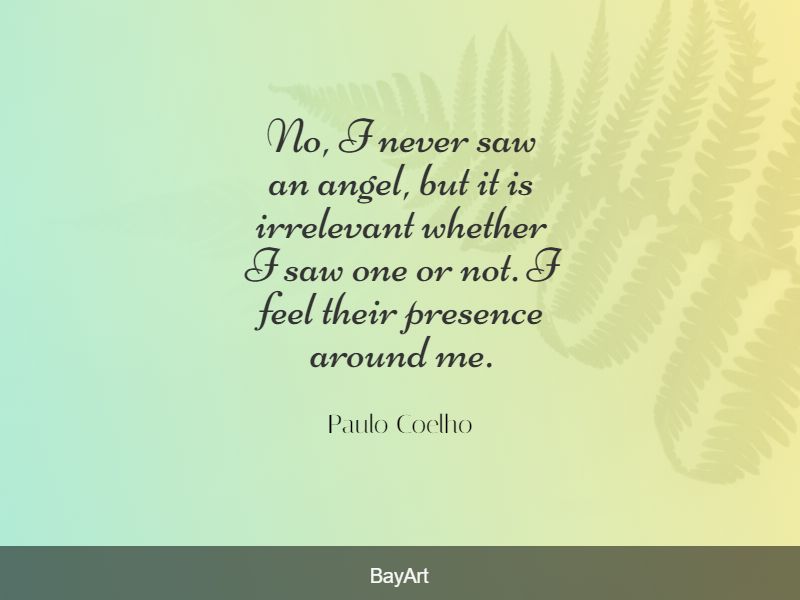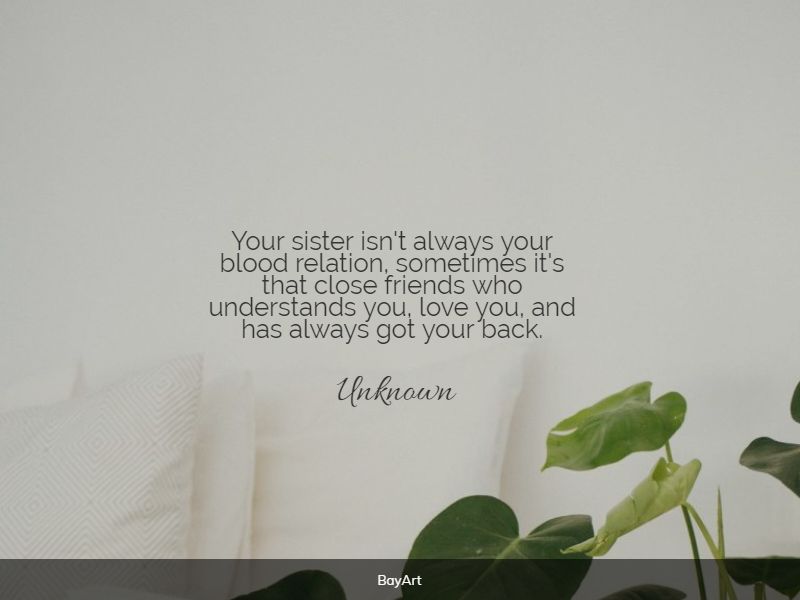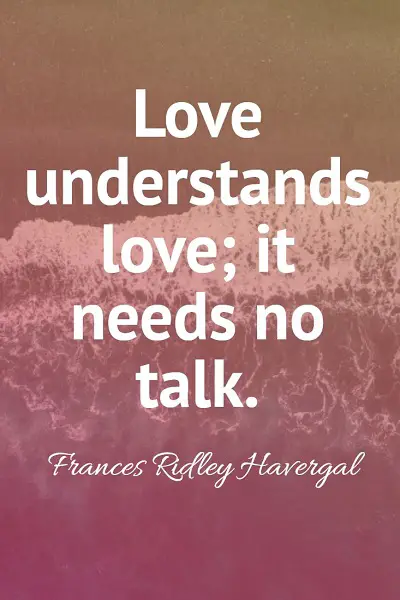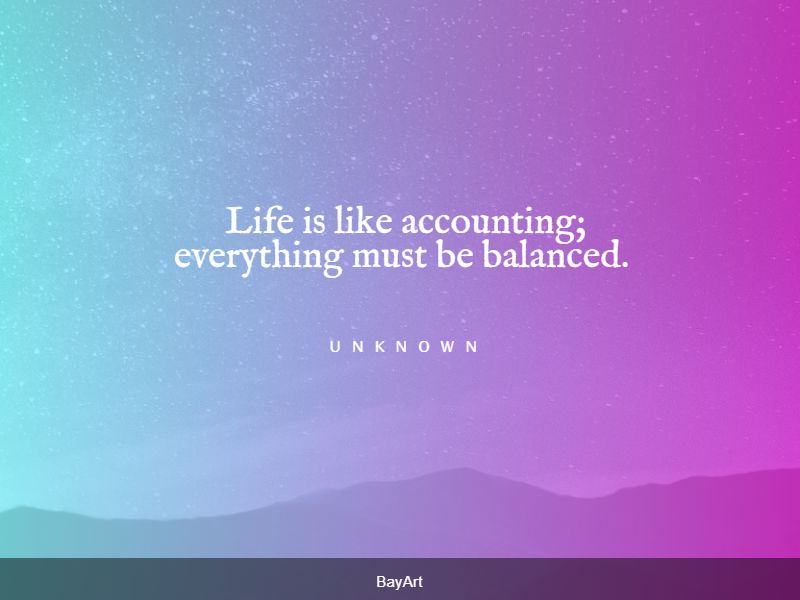16 Forgiveness Poems That Will Change Your Perspective On Life
Poetry about forgiveness at its best calls forth our deep being. It dares us to break free from the safe strategies of the cautious mind; it calls to us, like the wild geese, as Mary Oliver would say, from an open sky. It is a magical art and always has been — a making of language … Read more




